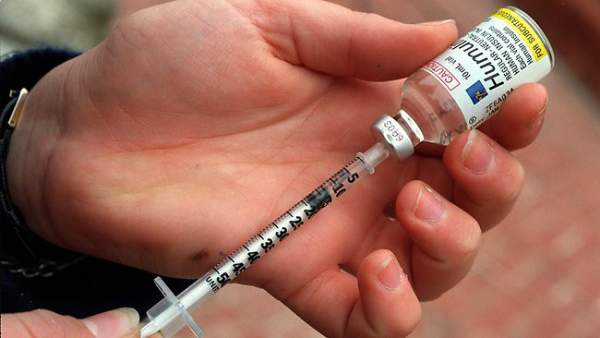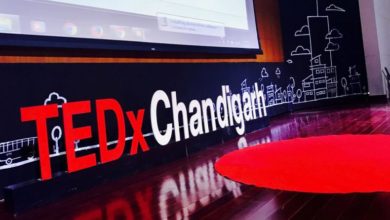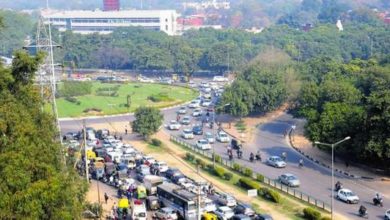
IMTech- One of its kind institute solely dedicated to research and new advancements in the field of microbial technology that is located in Sector-39, Chandigarh claims to have developed a unique medical technology. This technology will produce protein based medicines like insulin, streptokinase (clot buster) and the Hepatitis B vaccine. If things proceed as per the plan, there is an expected decrease in the prices of these medicines that too upto a level of one-third.
Whats The Concept:
Presently, about 66 million insulin patients and about 40 million patients of hepatitis B persist in the country and that’s why presently India is dependent on the technology from overseas which is patented and has to be paid for its patented value which adds majorly to the cost of these medicines. Dr. Jagmohan Singh, who with his team developed this technology revealed that the key component for the synthesis of these medicines is
Dr. Jagmohan Singh, who with his team developed this technology revealed that the key component for the synthesis of these medicines is pichia, a vector used in insulin and since pichia is patented, thus Indian biotech companies have to bear the cost and pay to its inventors. With this indigenous invention, it’s a great relief for India as the import costs and patent costs wont add to the already existing costs of the medicines. Dr. Jagmohan’s team is responsible for India’s first expression vector for therapeutic proteins and everyone is proudly looking off to them for such a great achievement.
The Cost Figures:
Generally, on an average the cost of licensing the pichia vector for commercial research is $50000. Adding to this is the maintenance cost of around $5000 to $30000 annually. In case if its to be made available for commercial use, the cost goes upto $75000 and adds to it is the royalty charges that range between 3% to 5%.
Apart from this, the present cost of hepatitis B vaccine is ranging from Rs 45 for serum institute to Rs 250 for pediatrics use which uses a dose of 10 micrograms in 0.5ml. For an adult dose of 20 microgram, the cost simply doubles and the whole process of vaccination uses three such injections.
So far the institute has been able to showcase the production on a laboratory scale level in the process of yeast fission. Once it can be scaled up, the costs are expected to decrease.
For an insulin dosage on the other hand, costs ranges from Rs 140 to Rs 325 and adds to this is the cost of Glargine which is its slow release component technically which costs around in the range of Rs 410 to Rs 1475 for a 10 ml quantity. If the institute is successful, for Pichia based systems , costs would decrease upto Rs 4 per dose and the MRP value would be lowest around Rs 45 per dose.
But sadly even this is below the reach of people living under poverty line so there is still a scope to further scale down the costs for Hepatitis B. Once the institute gets the proof-of-concept finally they will get down to develop this Hepatitis B vaccine, after that they will take up the case of expressing other proteins like Insulin, antibodies in fission yeast.
Source: Business Insider






